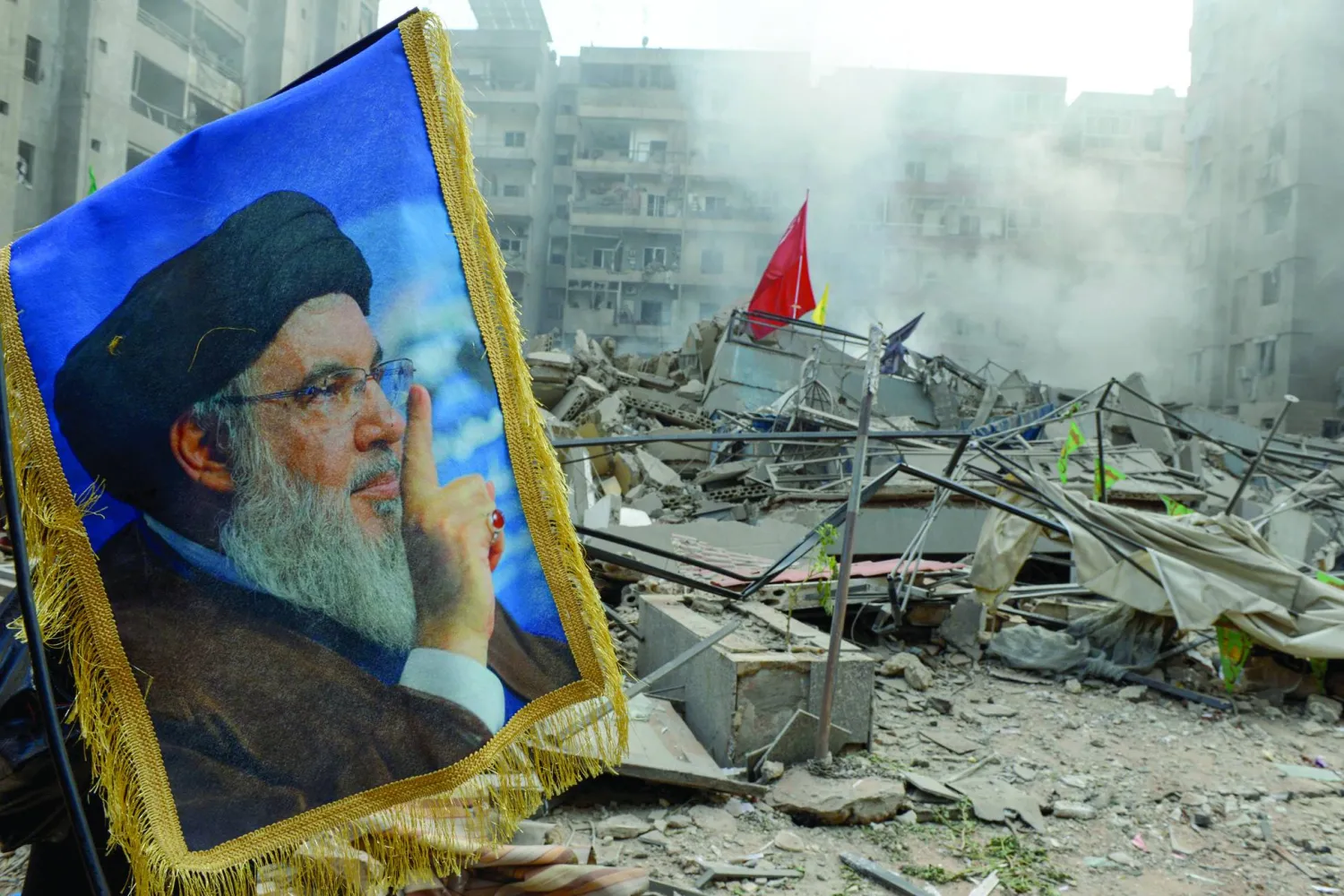The next round of strategic dialogue between Iraq and the US will be headed by Prime Minister Mustafa al-Kadhimi and President Donald Trump, after the first round ended last June, announced spokesman Ahmed Mulla Talal.
The talks aim to reactivate the security agreement signed between the two governments in 2008, however, Iran-affiliated armed groups in Iraq hope the dialogue would result in the "withdrawal of US forces from Iraq.”
Katyusha-rocket attacks on the US embassy in the Green Zone or military presence in Taji base were expected to be reduced, however, forces continued to launch missiles at an escalating rate even after the counter-terrorism unit arrested 14 persons, 13 of which were later released, during a raid on a site said to belong to an armed group.
Meanwhile, Marine Gen. Kenneth McKenzie, who heads US Central Command, indicated that the US needs the assistance of the new Iraqi government.
McKenzie said the withdrawal of US forces from Iraq will begin once ISIS is terminated in the country, adding that it is not limited to the outputs of the dialogue.
The Washington Post quoted McKenzie as saying that Kadhimi is “negotiating a land mine now. I think we need to help him,” adding that the PM must find his way, and there will be “less-than-perfect solutions, which is nothing new in Iraq.”
The General admitted that the PM has taken significant steps to confront Iranian-linked militias that have targeted US troops, adding that Washington must remain patient as Kadhimi “challenges groups with formidable military and political clout.”
Speaking to reporters by phone after leaving Iraq, McKenzie voiced confidence the Iraqi government would ask US forces to stay in the country despite earlier calls for a withdrawal.
These developments came at a time when the US installed a new air defense system over its embassy building in the Green Zone, which proved effective during the recent missile attack.
The missile was intercepted and landed close to a bridge injuring a number of protesters.
Military advisor Safaa al-Assam stated that the US installed the C-RAM defense system in the embassy, used against drones and light and medium missiles, without the knowledge of the Iraqi government.
Assam explained that the US troops in the country now possess weapons and an air defense system that exceed the Iraqi army’s capabilities, especially in the field of air defense under the pretext of defending itself.
National Security Professor Hussein Allawi said that the ongoing dialogue between Washington and Baghdad is important for both countries.
Allawi told Asharq Al-Awsat that the aim of the talks is to establish an action road map on different tracks such as military, financial, defense, health, oil, and other fields of cooperation.
Allawi indicated that the Prime Minister will take into account the positions of all Iraqi forces, whether they support this dialogue and its outputs or reject it.









